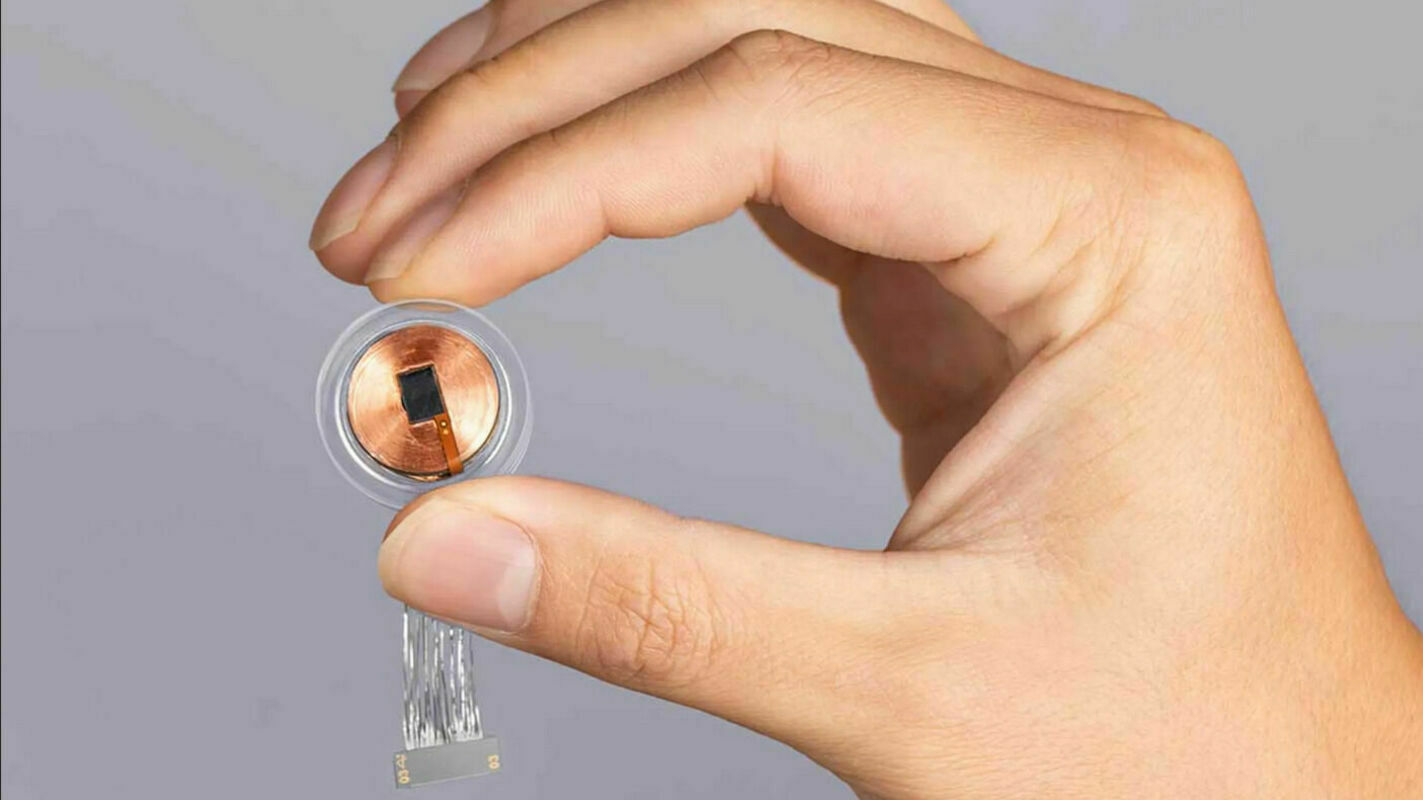Posted 3 марта 2023, 14:17
Published 3 марта 2023, 14:17
Modified 3 марта 2023, 14:39
Updated 3 марта 2023, 14:39

Elon Musk's company Neuralink was not allowed to test a brain implant on humans
The US Food and Drug Administration (FDA) has rejected Neuralink's application to test its brain implant in humans, with reference to Reuters, the Daily Mail reports. The management pointed out numerous problems that developers must solve before running their technology on people.
At the presentation on November 30, Elon Musk mentioned that the company had submitted documents to the FDA. It was assumed that the permit would be received in six months. However, the approval is now postponed indefinitely. Representatives of Neuralink admitted that the FDA staff asked them a lot of questions regarding the safety of the product, and in their written refusal listed dozens of shortcomings.
For example, the implant is equipped with tiny filaments for transmitting electrodes, which, according to the FDA, can migrate to other areas of the brain, causing inflammation and destruction of blood vessels there. This makes the implant both potentially dangerous and ineffective, since in case of inflammation it would have to be removed. According to rumors, Musk's employees tried to solve this problem by conducting numerous tests on pigs, but without success.
Lithium batteries used in implants have also raised concerns from the FDA. According to the idea of Neuralink, these batteries could be charged remotely. However, independent experts on brain implants who studied the device for the FDA suggested that if any component of the device connected to the battery fails, the current can damage brain tissue. The same thing threatens the patient if the device overheats, which experts thought was likely.
Some time ago, Musk's company faced several investigations at once. The latter was conducted by the US Department of Transportation (DOT), which received a request from the Committee of Physicians for Responsible Medicine (PCRM). Doctors claimed that Neuralink employees carelessly packed implants extracted from the brains of monkeys that could be infected before transportation, and this threatened human health.
In addition, recently Neuralink has been subjected to numerous accusations about its experiments with experimental animals. Judging by the laboratory records, during the tests, the company's employees repeatedly subjected monkeys to senseless torment.